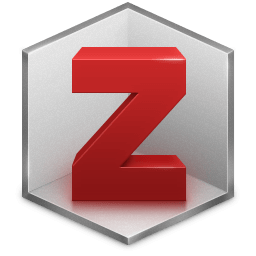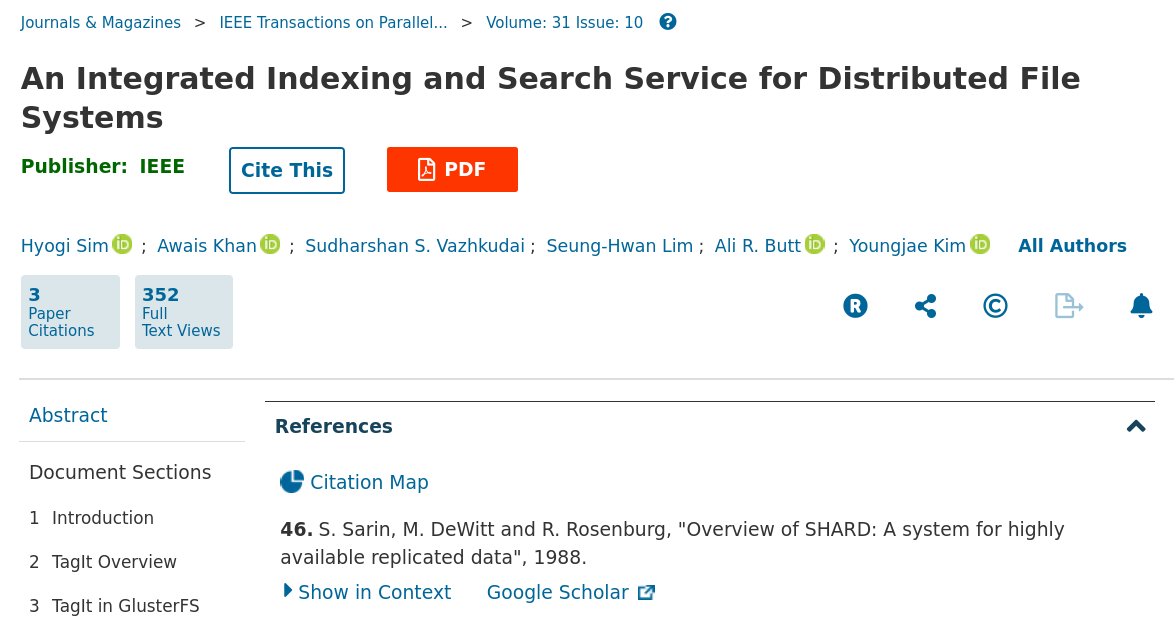
Mostly notes to myself - I hope you find them useful. So, you want to write your dissertation or thesis in Markdown. But how do you manage all your citations? Install Zotero Install the Better BibTex plugin Restart Zotero. The BBT plugin will launch a configuration screen - use it to set your preferences Install […]
Continue reading →

I am a vain man. For a few years, I've been tracking academic papers which cite my blog posts. Recently, someone let me know that they'd found one of GitHub repos in a paper they'd read. It hadn't even occurred to me to search for those! So, shove your GitHub URl into Google Scholar - […]
Continue reading →

One thing I'm finding extremely frustrating in academia is the number of people citing papers which don't seem to actually exist. As part of a data analytics class, I'm learning about "database sharding". That is, the process of splitting data between multiple machines. But where does the term come from? Wikipedia - the source of […]
Continue reading →

I use Zotero to manage my references. Instead of in-text citations of (Smith, 1984) - I want that to be hyperlinked to the academic paper referenced. For example ([Smith, 1984](https://doi.org/.....)) This is possible, if you're willing to hack around with CSL - the Citation Style Language. Here's a fragment of CSL that I've adapted from […]
Continue reading →

This is a quick and dirty way to turn a DOI (Digital Object Identifiers for academic papers) into an HTML & Microdata citation. I use this to power my Citations page. Schema.org is a Microdata standard which allows machines to read your HTML and create semantic relations between documents. Here's a minimum viable citation: <blockquote […]
Continue reading →

It emerged this morning* that the Guardian newspaper has realised that the way it writes is unsuitable for the web. *Source: Guardian Newspaper, 18/11/2011, page http://www.guardian.co.uk/media/mind-your-language/2011/feb/18/mind-your-language-day-date-time By using non-specific language, I have introduced a degree of ambiguity which makes it hard for reader - both in the present day and the future - to understand […]
Continue reading →




